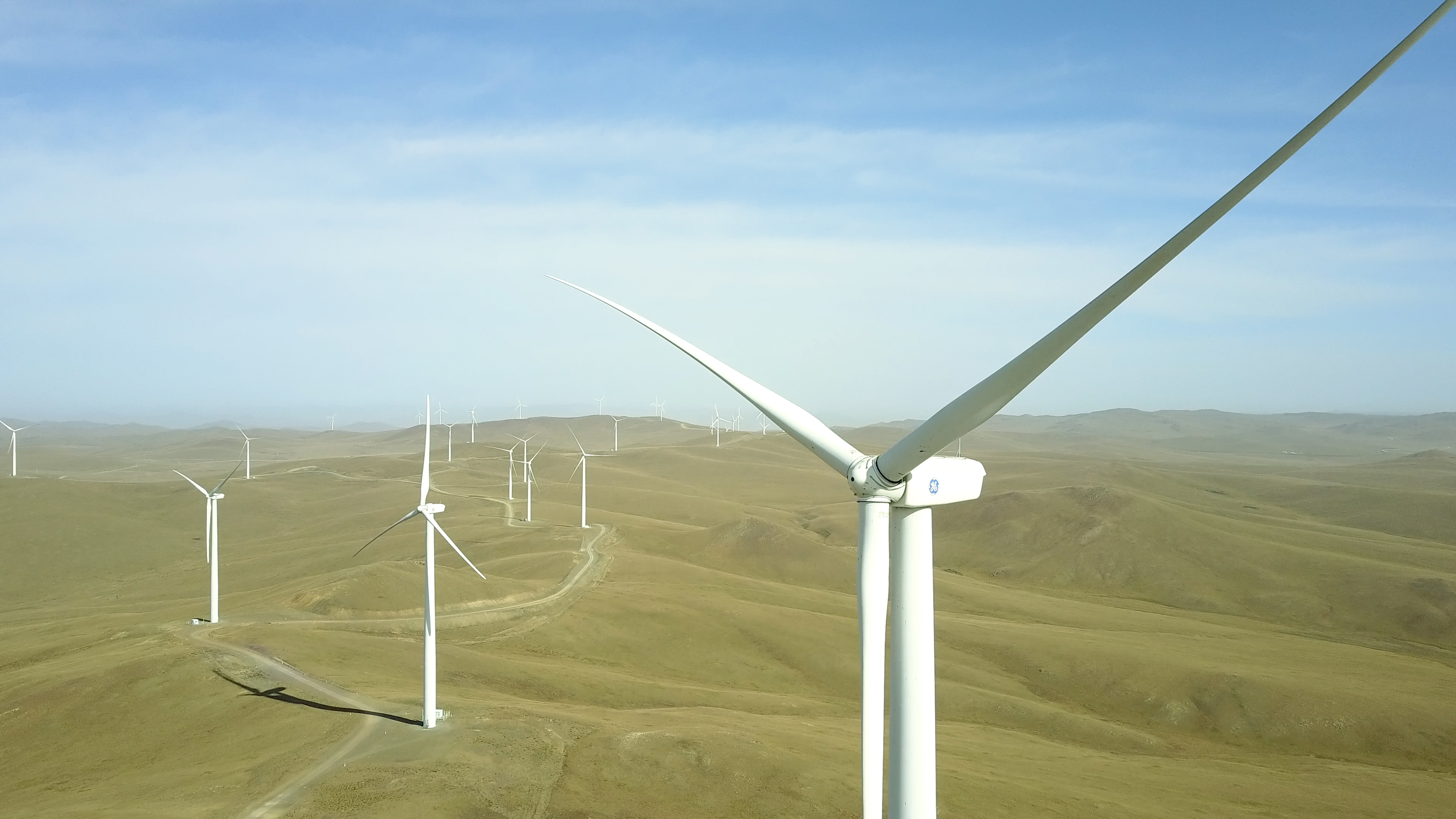Unleashing the Climate Mitigation and Adaptation Potential of Clean Energy

By: Cindy Nguyen and Kaitlyn Bunker, Rocky Mountain Institute
Energy plays a critical role in supporting a country’s development and ability to meet its climate objectives. As countries revisited their NDC commitments in preparation for COP26 in 2021, energy stood out as a priority sector to strengthen and increase ambition. In fact, 17% of country support requests received through the Partnership’s Climate Action Enhancement Package (CAEP), included technical assistance to enhance the energy sector and its targets.
A new Insight Brief from the NDC Partnership, Energy & NDCs, developed in collaboration with the Rocky Mountain Institute (RMI), assesses these energy requests to draw lessons learned and identify opportunities to strengthen the Partnership’s response. Based on a deep dive into the database of support requests and interviews with Partnership members, the analysis describes the types of support countries are seeking, the most requested types of activities and key topics related to energy, and trends around gaps in support. The findings revealed three insights in particular regarding countries’ energy requests:
-
Countries are requesting technical assistance around energy data, capacity development and long-term energy planning
Countries overwhelmingly requested technical assistance to conduct studies and analysis and develop monitoring, reporting, and verification (MRV) systems to collect, track, and manage energy data. This illustrates existing data constraints, and the need for adequate data and analysis systems to properly update NDCs and identify appropriate activities to implement the targets. Many countries also requested technical assistance for capacity development to support the management of data and engage stakeholders (including government ministries, the finance sector, and other locally relevant stakeholders) to inform key energy topics and actions.
Countries are also actively seeking assistance from the NDC Partnership to tackle long-term energy and climate challenges. In their interview, Climate Analytics, an Implementing Partner, observed that in contrast to the 2015 NDCs, countries in 2020 are more focused on energy efficiency, but also long-term energy planning, which aligns with a growing global interest to meet long-term energy demand and build resilience to climate change.
-
Significant gaps in energy support remain around adaptation, resilience and financial instruments
The analysis also revealed several gaps between requests and support — especially in terms of requests that went unfulfilled by Implementing Partners, such as the integration of adaptation and resilience into the energy sector. Other unfulfilled requests included the development of financial instruments to support energy projects, building long-term data support structures, and engaging with stakeholders beyond National Climate Offices and Ministries of Environment. Addressing these gaps will be critical to turning energy targets into ambition action.
-
Coordination through the Partnership has helped unlock more ambitious action in the energy sector
The Insight Brief’s analysis demonstrates how countries, particularly those in the Global South, are viewing energy as a critical tool to enhance their climate commitments and inform efforts to mitigate and adapt to climate change at the local and national levels. In addition, with Implementing Partners engaging more intentionally with government and regional partners, the NDC Partnership in-country coordination mechanisms have resulted in deeper collaboration at all levels. As countries continue to revisit and revise their climate strategies and development priorities, anticipating their requests and priorities is key for NDC Partnership members to deepen their support to countries in developing, meeting, and raising the ambition of their energy and climate objectives and sustainable development goals.
To learn more about energy-related requests to the NDC Partnership, please read the full Insight Brief: Energy & NDCs, here.
